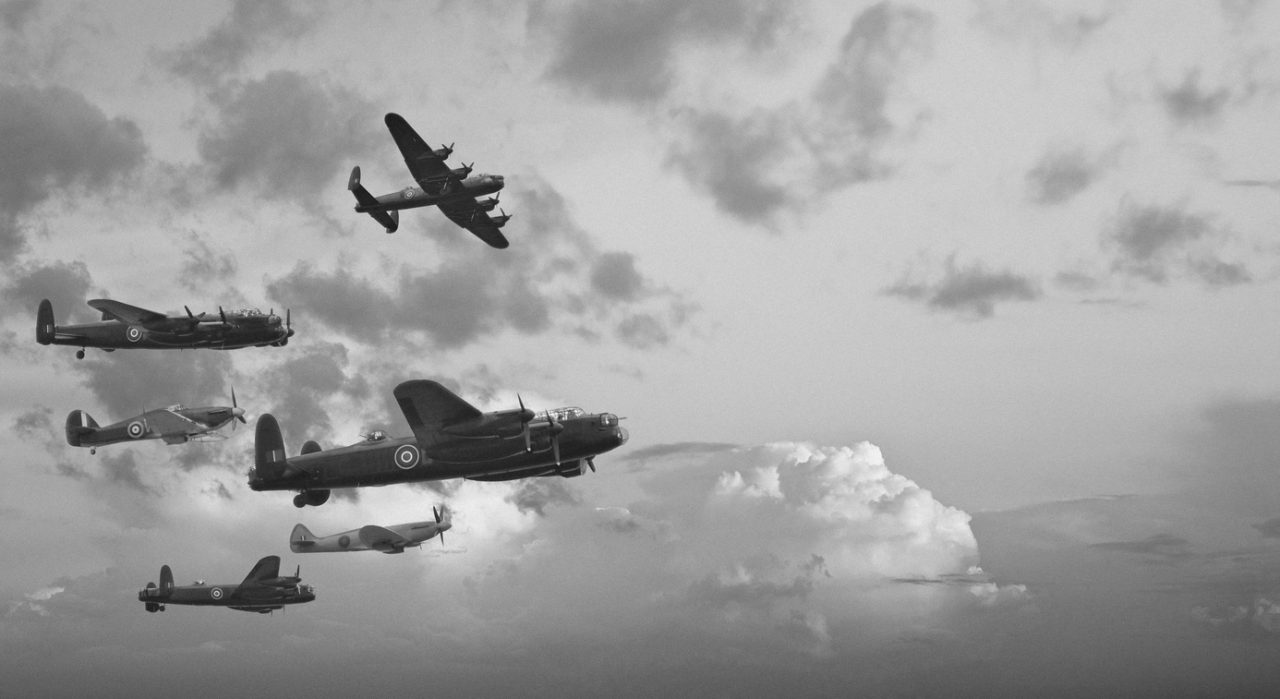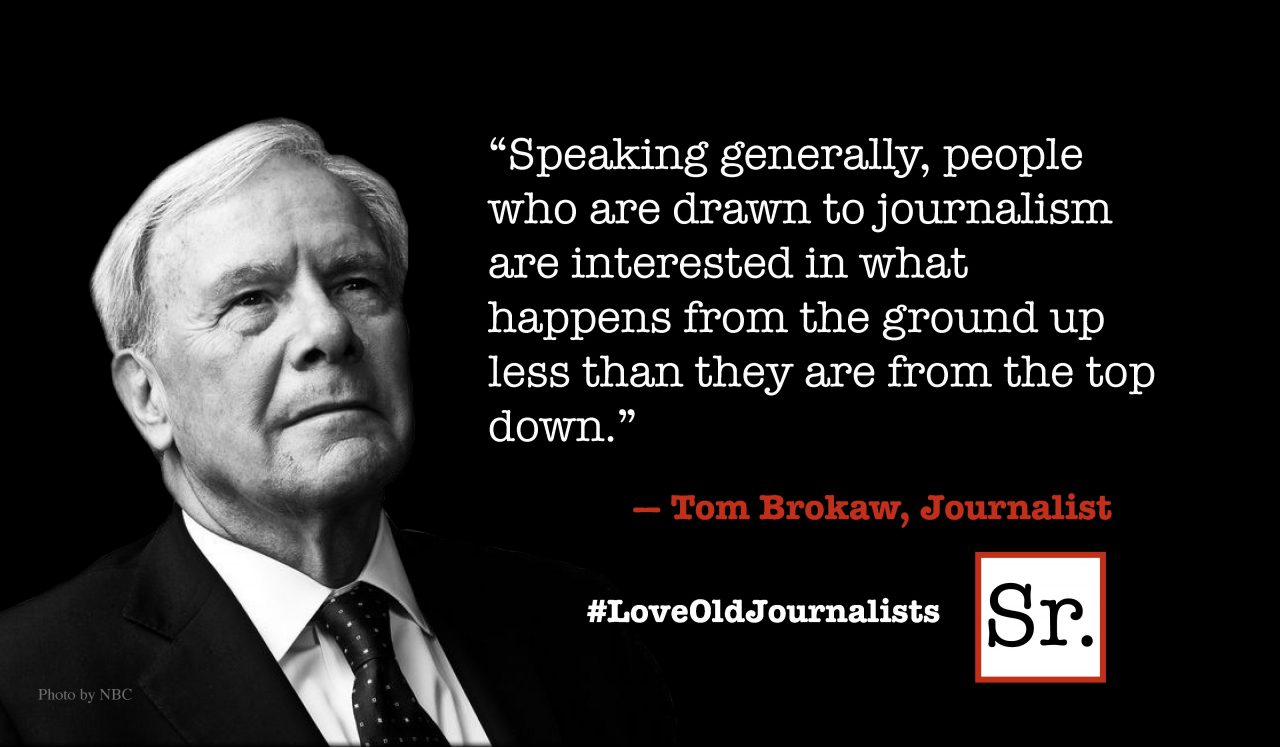“I hate war! Eleanor hates war! Our dog Fala hates war!” It might be an urban myth, but these words have been attributed to President Franklin Roosevelt for the past eighty years. Whether or not he said them, they certainly reflected his continual rejection of violence as a national policy, clearly stated in his 1939 speech to Congress and in his 1936 Chautauqua speech. He continued with that theme until his “day of infamy” speech on December 8, 1941.
Here is a sample of his oft-repeated affirmation. “I have seen war. I have seen war on land and sea. I have seen blood running from the wounded. I have seen men coughing out their gassed lungs. I have seen the dead in the mud. I have seen cities destroyed. I have seen 200 limping exhausted men come out of line — the survivors of a regiment of 1,000 that went forward 48 hours before. I have seen children starving. I have seen the agony of mothers and wives. I hate war … Every gun that is made, every warship that is launched, every rocket that is fired signifies, in the final sense, a theft from those who hunger and are not fed, those who are cold and are not clothed.”
I grew up in a home where the rejection of violence was never debated, simply assumed. On Monday December 8, 1941 my school’s playground was alive with children — girls and boys — ready to give it to the dirty “Japs,” but in my family it was the saddest day in our experience. No rejoicing for us, only the grief from sensing what war would bring.
Our hatred of war, and our desire to do whatever we could to avoid it, dates for me from 1936 when this six-year-old first grade child was introduced to pacifism on a Sunday morning in church. Our congregation attracted numbers of international visitors, mainly those who came from the denomination’s mission enterprise. But on this Sunday danger penetrated the otherwise peaceful atmosphere. War was about to break out right there at 61st and Oxford St., and my parents knew they must find a way to intervene before it started.
While an awareness of what was going on in the world was far beyond my childish understand, that Sunday church seemed to be a dangerous place. A Chinese family operated a laundry in the neighborhood, and the three adults were regularly at worship. At the same time three students from Japan were usually present. And when these six arrived at the same time, the tension was obvious. Seeing the danger, my parents sat down in the row of chairs between the potential belligerents.
Sometime later it was explained to me what caused the tension. Japan had just invaded China, bringing death and massive destruction in Nanking and its environs. Our pastor, Brother Fowler, did what he knew best — he prayed that nothing untoward might happen. My not nearly as pious parents just sat between the angry parties.
During the ensuing World War, I bought ten-cent defense stamps with whatever I was able to earn from my newspaper route. My father rolled tin foil balls from his packs of Kools cigarettes. Once a month the family went to a deserted golf course from sunset until midnight, to search the sky for German bombers, and my father would be responsible to see that no light leaked from the houses on our block. And yet our hearts longed for the termination of the war and the return of peace, and when that day arrived we went with thousands of others to a nearby shopping center where we cheered for hours.
When later the United States became engaged in the disastrous Vietnam war — which we lost — I was emotionally ready for much more aggressive resistance. But that is another story.









